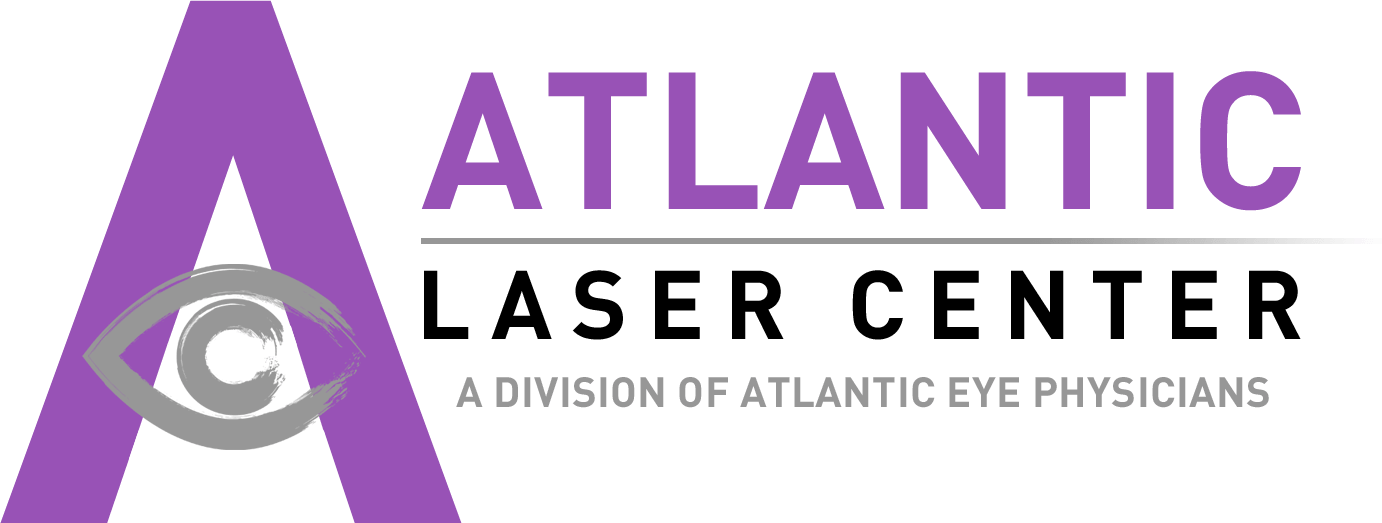Who Is A Good PRK Candidate?

When you think of laser surgery, PRK may not be the first thing you think of. You may have not even heard of it at all.
LASIK has taken the lion’s share of the spotlight in that regard. What people may not realize is that PRK is a lot like LASIK.
It produces results that are on par with that of LASIK. There is a key difference, which makes it a better option than LASIK for some people. Keep reading to find out who may be a good PRK candidate!
The Difference Between LASIK & PRK
LASIK and PRK both permanently correct your vision by reshaping the cornea. The cornea does most of the focusing on your vision and is an invaluable part of seeing.
People with misshapen corneas have refractive errors, as the light that passes through the cornea does not refract properly.
The cornea is actually made up of more than one layer. The important part of laser surgery occurs at the top and middle layers of the cornea.
The middle layer of the cornea is the thickest part. This is where the tissue is actually removed for reshaping during either surgery.
The difference between PRK and LASIK is how the top layer is dealt with. During PRK, part of the top layer of the cornea is completely removed.
This means that the middle layer will remain exposed. A contact bandage is necessary for healing while you recover.
During LASIK, the section of the cornea’s top layer that is cut into is left attached as a flap. This flap is then closed after LASIK, reducing the recovery time.
Why We Need PRK
If LASIK is the superior form of laser surgery, why bother with PRK at all? The answer is that some people are not able to receive LASIK because of issues with their corneas.
This may include issues like having larger than normal pupils or excessively thin corneas. These are issues that may make you a bad LASIK candidate but you may qualify for other procedures like PRK.
PRK is also considered a little bit safer, as most complications from LASIK are flap complications that occur during recovery. With PRK, your vision will take weeks or months to recover compared to mere days with LASIK.
You will also be at a slightly higher risk of infection after PRK.
Candidacy Requirements
You can find out which surgery is the best fit for you with a LASIK consultation at Atlantic Laser Eye. Requirements for candidacy for refractive procedures include:
- Both surgeries require that you be at least 18 years old
- You must have had stable vision for at least a year before either procedure
- Your eyesight must fall within the prescription guidelines set forth by the FDA for either procedure
- Pregnancy will also temporarily prevent you from receiving refractive surgery
- Chronic allergies and certain diseases such as diabetes, dry eye, and autoimmune conditions make eye surgery unsafe
- Previous eye injury or surgery may increase your risk of complication
They will not necessarily prevent you from qualifying for a refractive vision procedure.
Wondering if PRK or LASIK could be right for you? Schedule an appointment at Atlantic Laser Center in Little Silver, NJ today! Whether LASIK or PRK is the right fit, vision correction is right around the corner for you!


